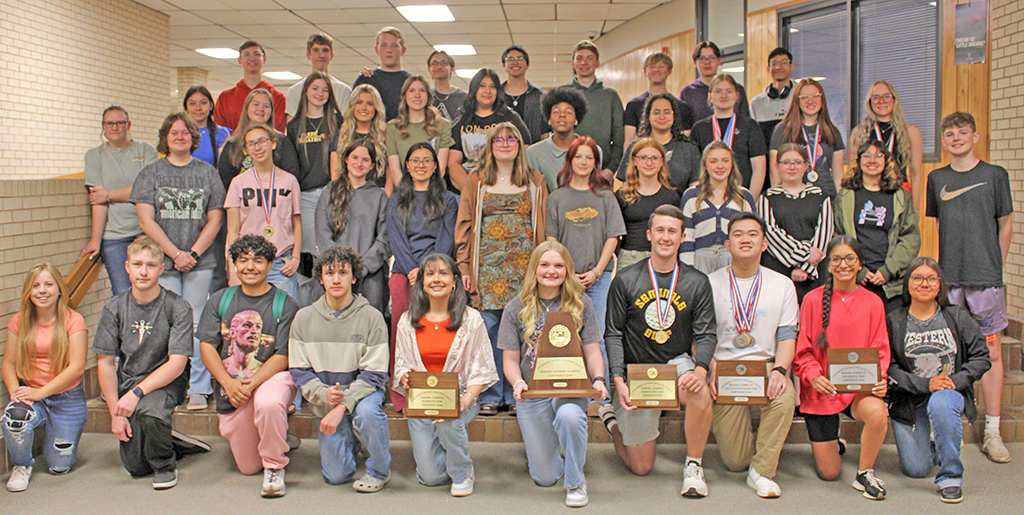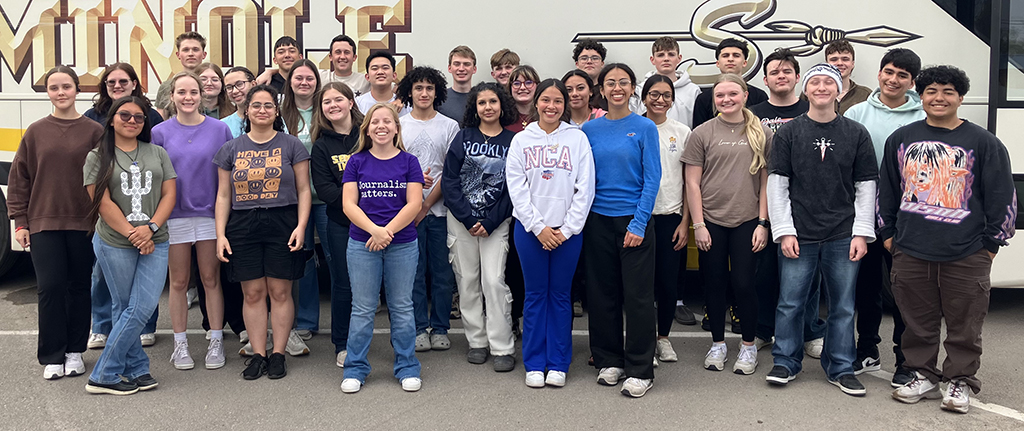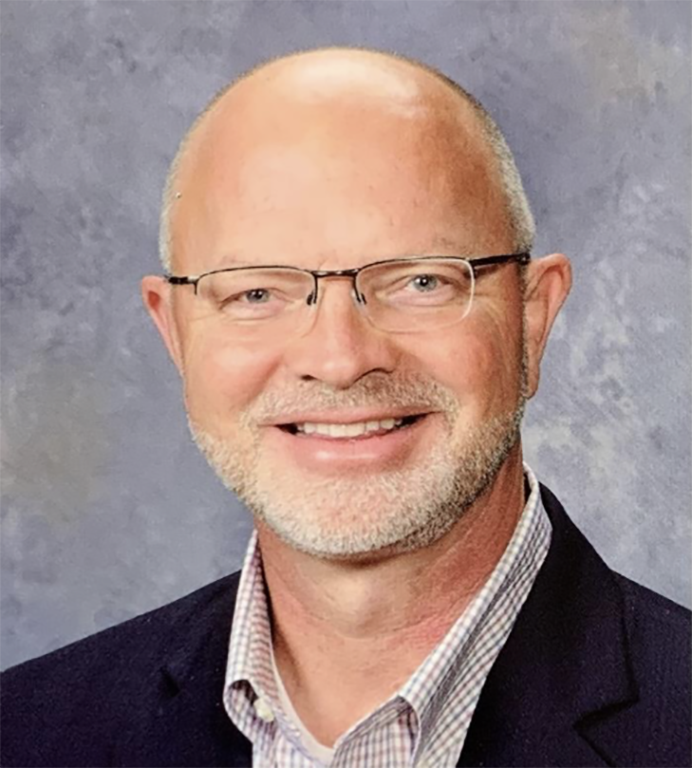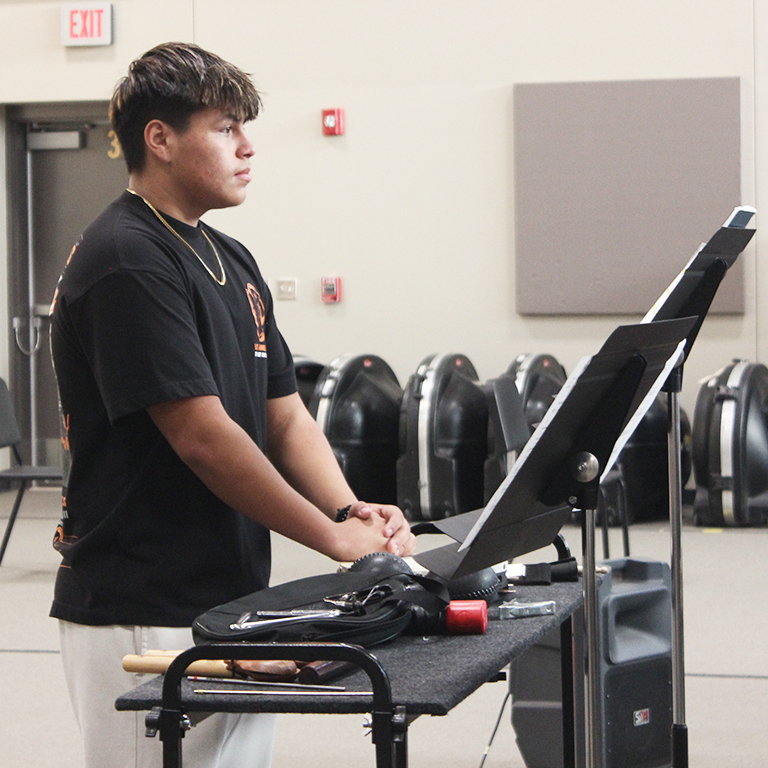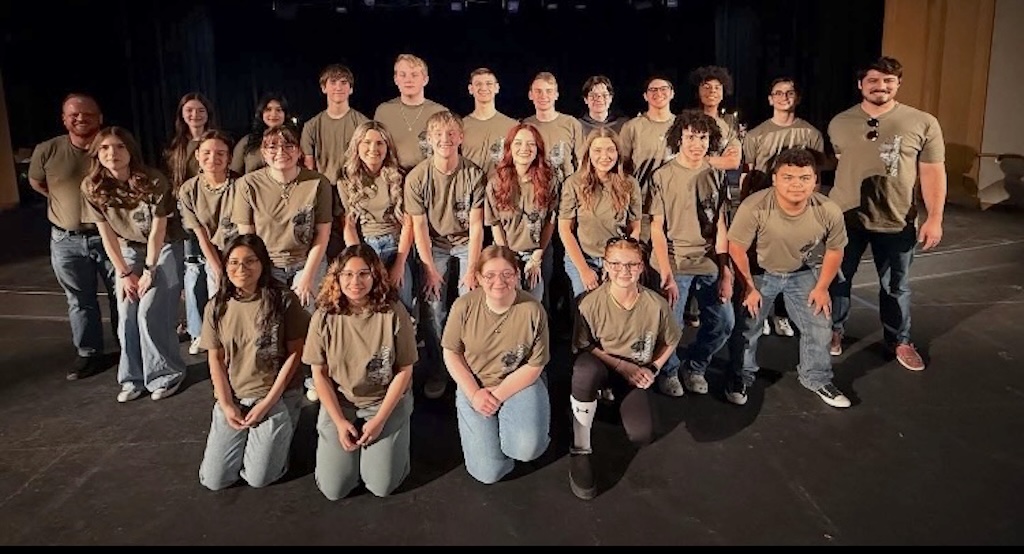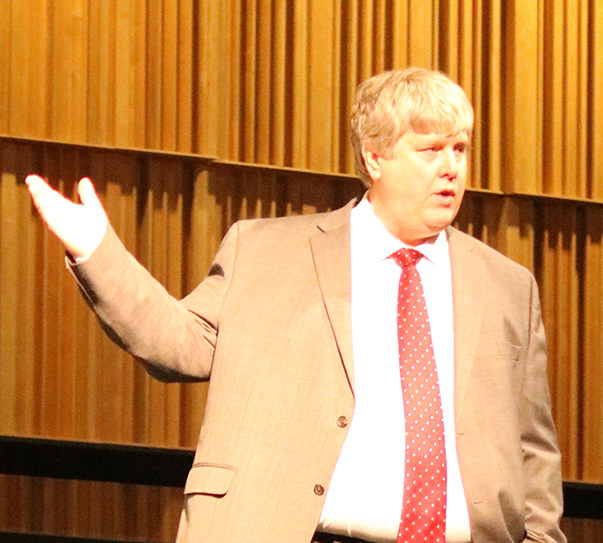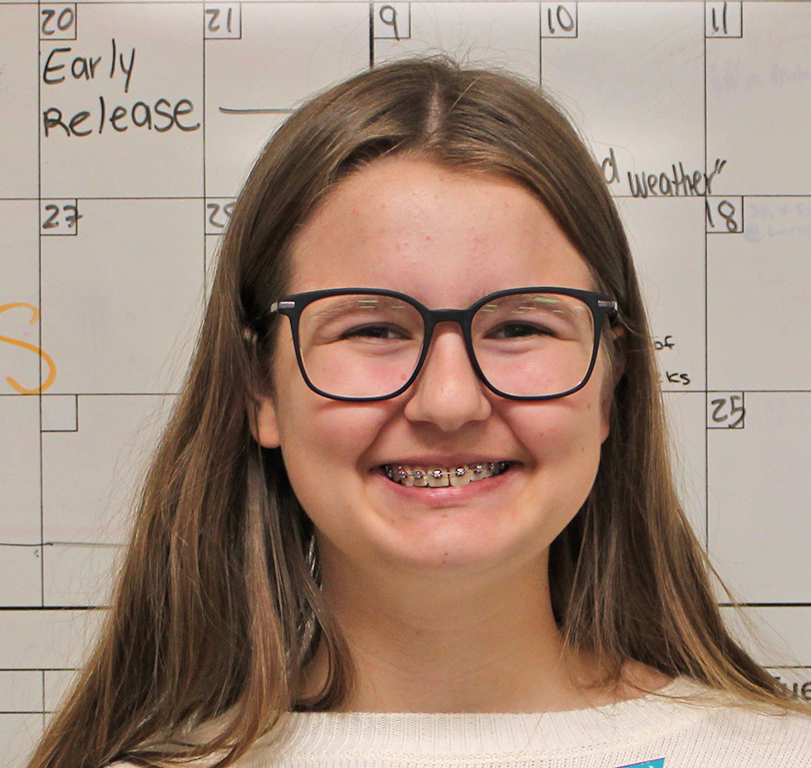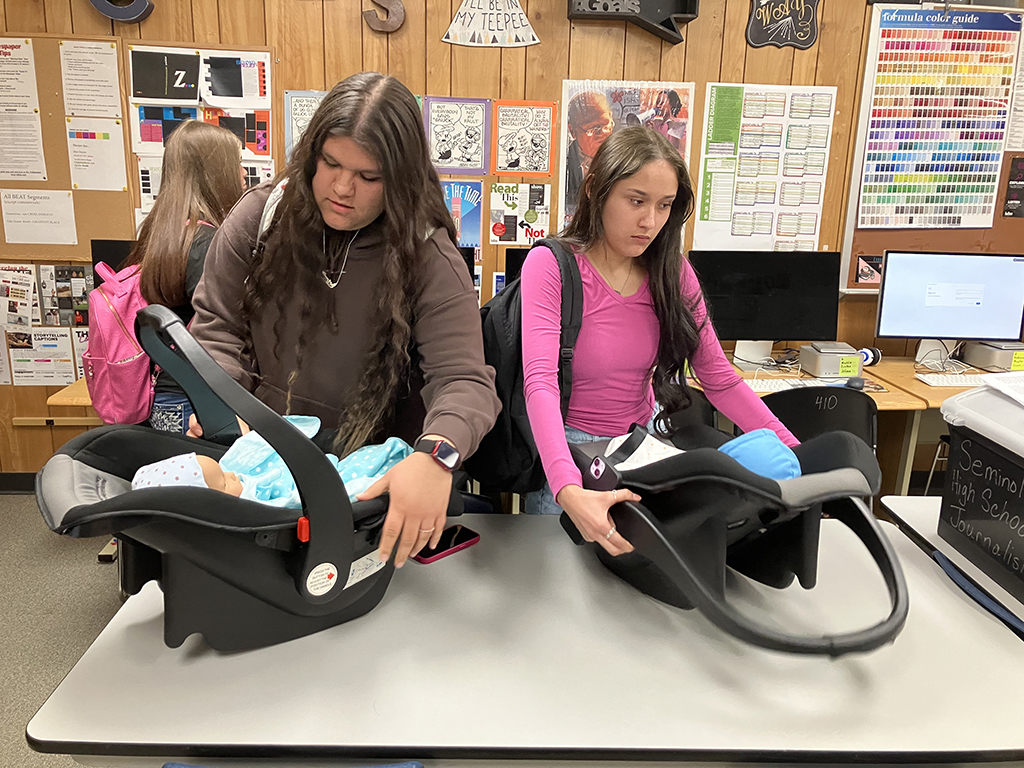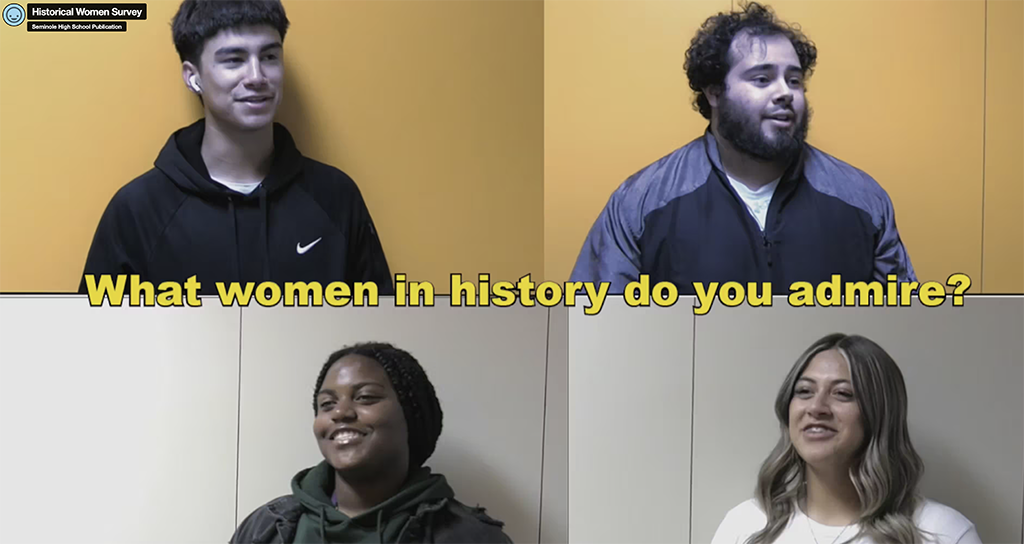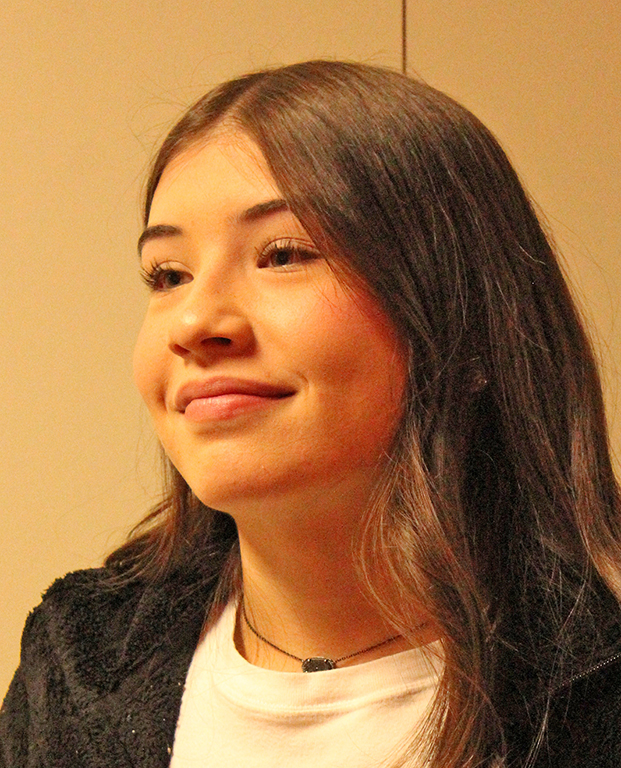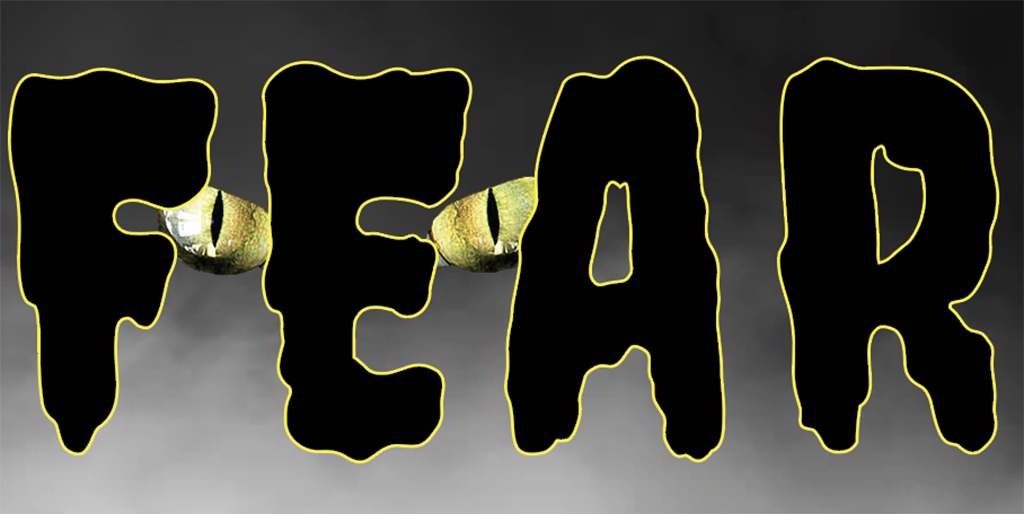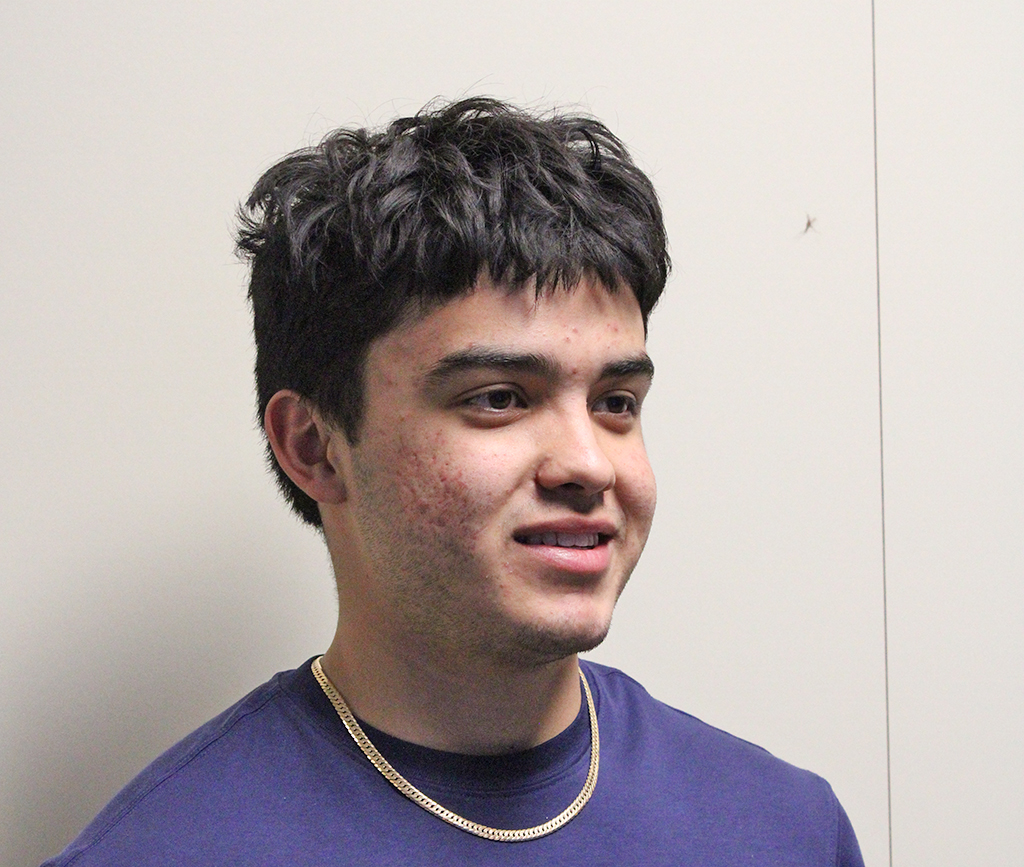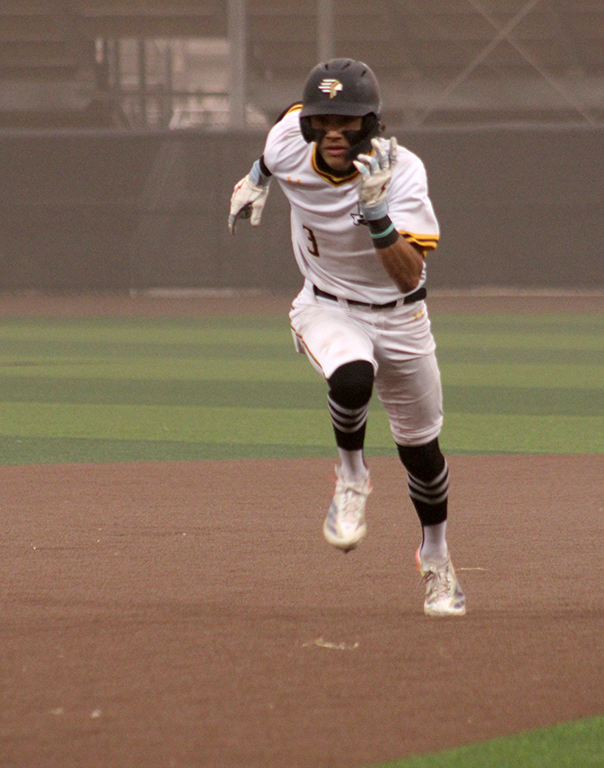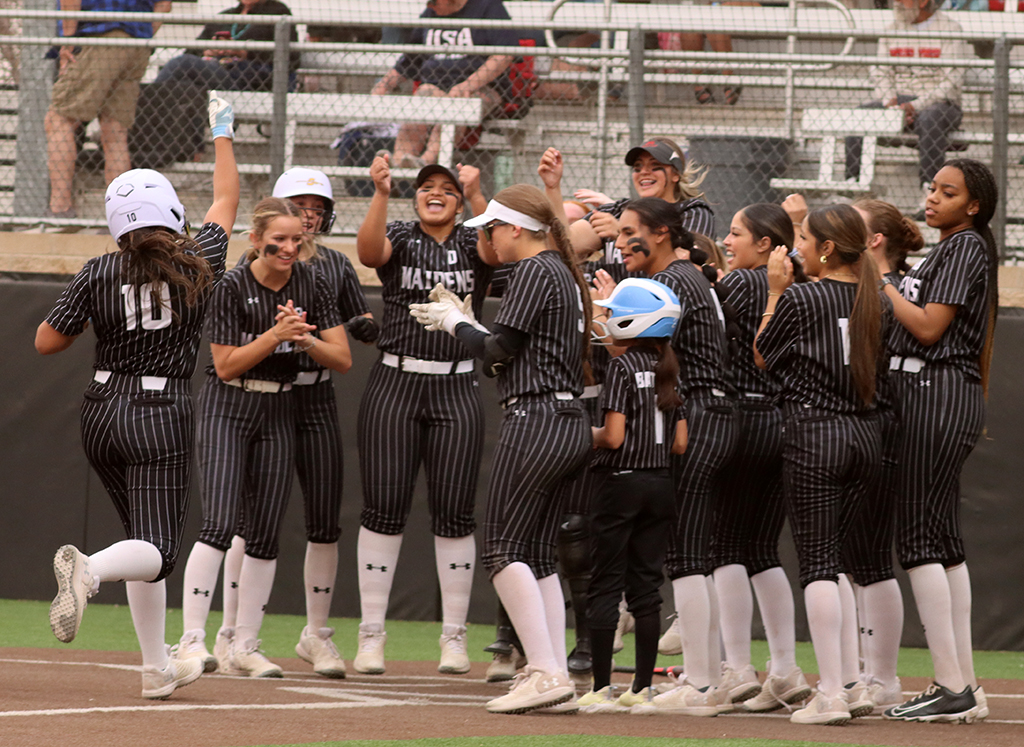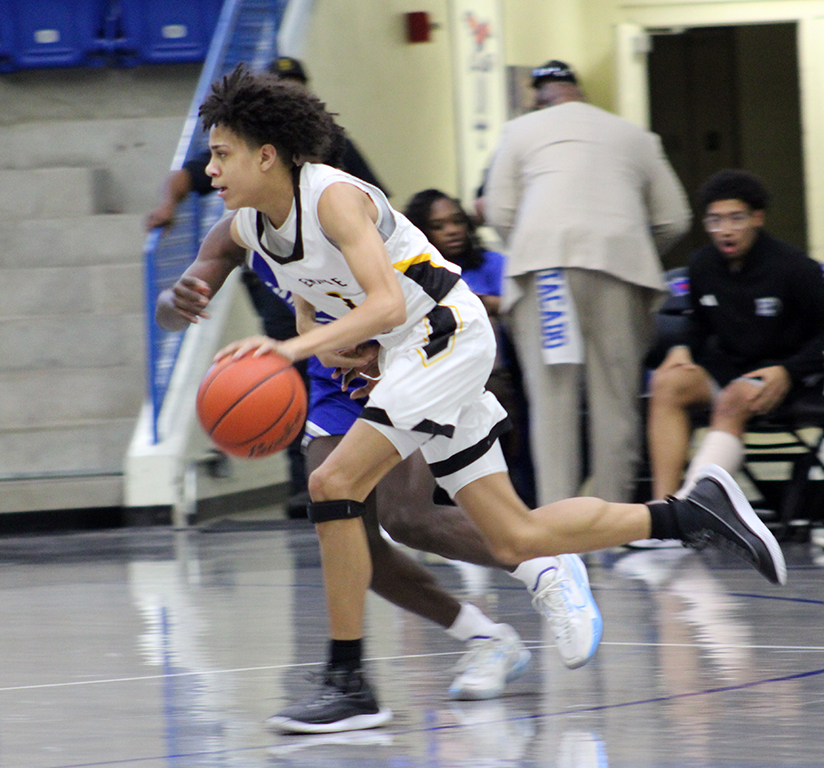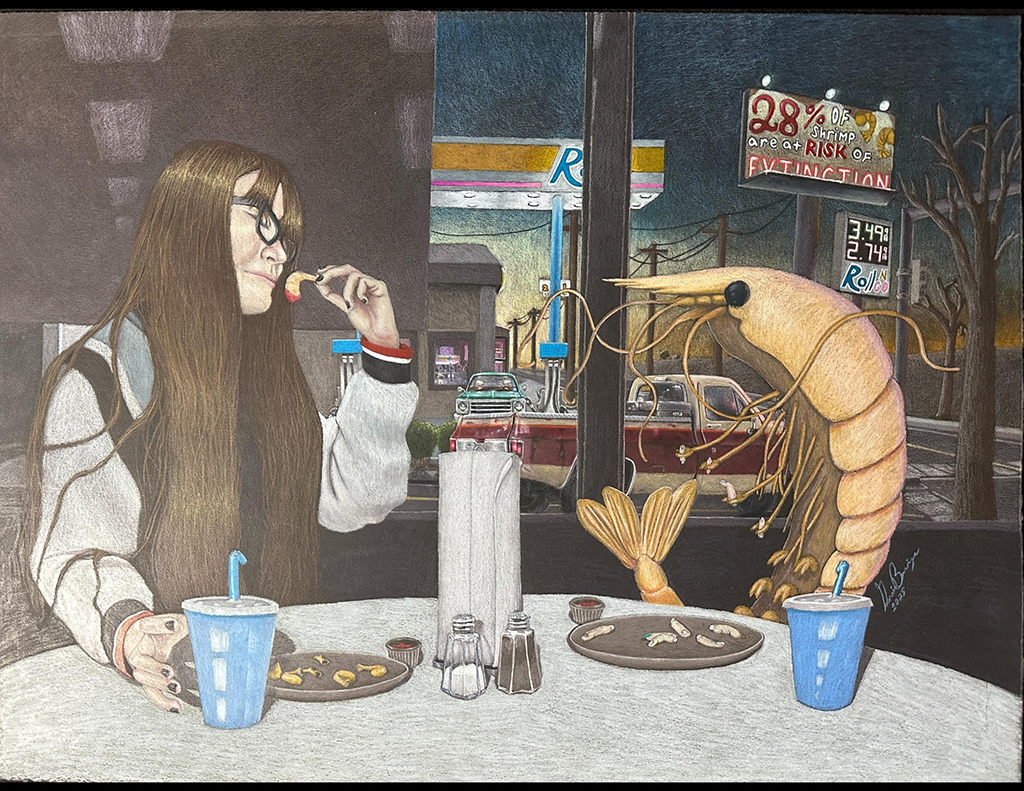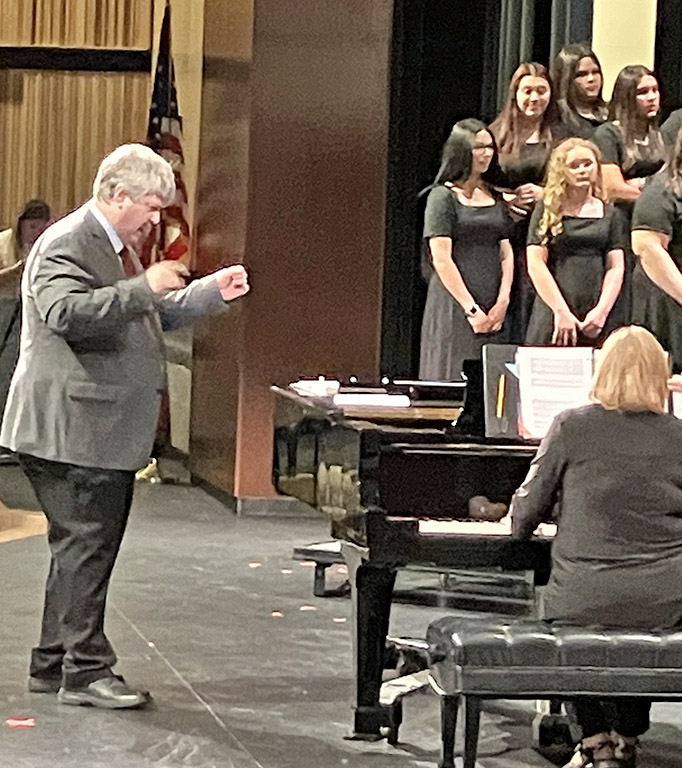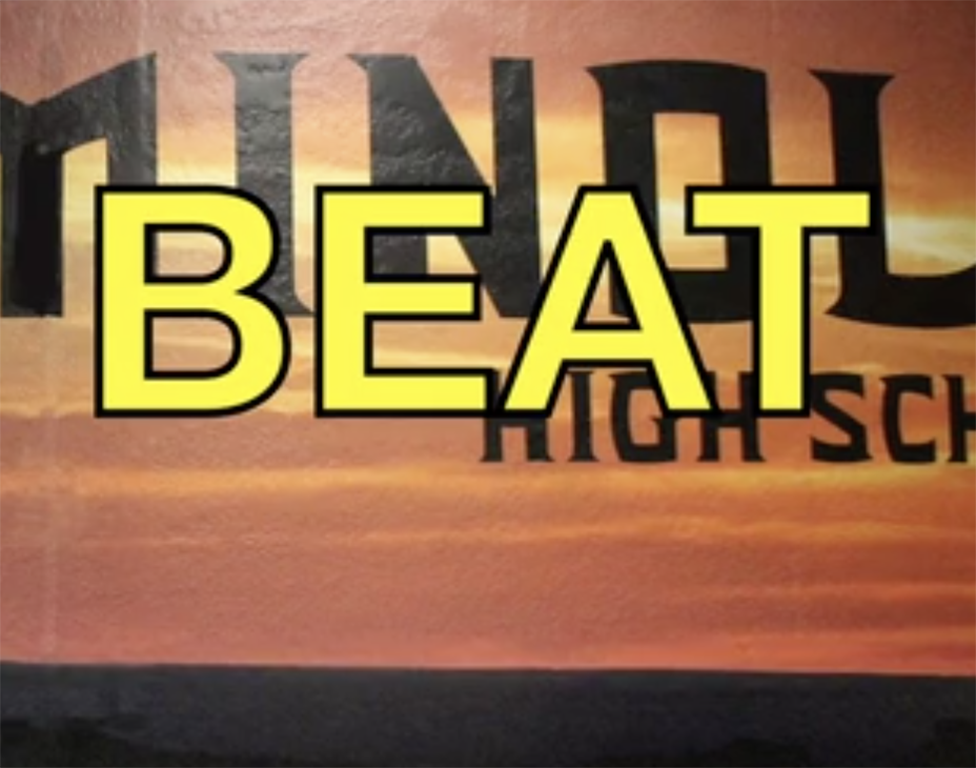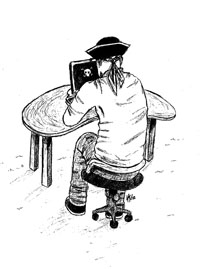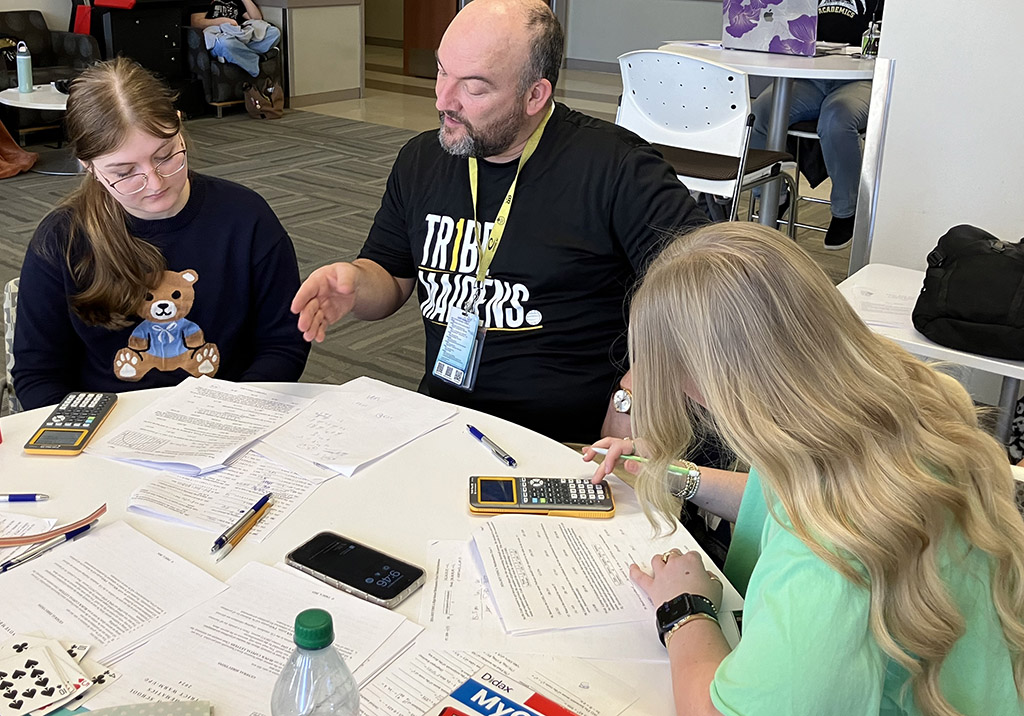Illegal downloading and pirating of images and content may not be as easy as it used to be as proposed new laws and acts stir controversy in the Internet community.
The Anti-Counterfeiting Trade Agreement (ACTA) is working its way around the world. It’s been signed by Australia, Canada, Japan, South Korea, Morocco, New Zealand, Singapore, the E.U., Austria, Belgium, Czech Republic, Denmark, Finland, France, Greece, Hungary, Ireland, Italy, Latvia, Lithuania, Luxembourg, Malta, Poland, Portugal, Romania, Slovenia, Spain, Sweden, the United Kingdom and, yes, the United States.
Technically, ACTA is not the law anywhere, yet. None of the signing parties have ratified it. ACTA focuses on the rights of the content industry, demanding the criminalization of copyright infringement. The Stop Online Piracy Act (SOPA) reared up before ACTA, causing mass protests by popular websites such as Google and Wikipedia.
Piracy, according to senior Karly Pitcox, is “downloading anything you didn’t buy or using plagiarism.” Pitcox said she wouldn’t want SOPA or ACTA to become law.
“It would be a sad day,” Pitcox said. “Facebook, Youtube, Twitter or any social media website would be gone. We wouldn’t be able to do anything on the Internet.”
The reality is, however, that countries’ economies are suffering from the pillaging of things deemed intellectual property on the Internet. According to a site sponsored by the European Commission, “ACTA ensures the E.U.’s [European Union made up fo 27 countries] already high standard of protection for intellectual property goes global–protecting jobs in Europe.”
The site said that Europe is losing 8 billion euros [over $10 billion] annually through counterfeit goods flooding its markets.
Senior J.R. Taylor didn’t want anything to do with SOPA or ACTA, either.
“I would be so angry,” Taylor said. “That would shut down websites, such as Facebook and Youtube, that I’m on all the time.”
ACTA was not designed to shut down or censor any websites, according to the European Commission. Its focus is to ensure that organized crime can be pursued when intellectual property is stolen, innovation is harmed, fair commerce competition is harmed or if jobs are destroyed.
Coach Matt Swinnea also disagrees with SOPA and ACTA.
“You cannot stop piracy, and piracy won’t kill you,” Swinnea said. “A great example is music. When all we had was radio, music was pirated all the time, we just recorded it. More harm than good comes out of trying to control it.”
The Recording Industry Association of America, a trade organization that supports and promotes the creative and financial vitality of the major music companies, supports the mission to protect the intellectual property and First Amendment rights of artists and music labels.
“It’s commonly known as ‘piracy’, but that’s too benign of a term to adequately describe the toll that music theft takes on the enormous cast of industry players working behind the scenes to bring music to your ears,” www.riaa.com said. “While downloading one song may not feel that serious of a crime, the accumulative impact of millions of songs downloaded illegally–and without any compensation to all the people who helped to create that song and bring it to fans–is devastating.”
According to RIAA, in the decade since file-sharing emerged with Napster in 1999, music sales in the U.S. have dropped 47 percent, from $14.6 billion to $7.7 billion. Twenty-seven percent of global band-width is taken up by digital theft of music annually.
“Piracy undermines the future of music by depriving the industry of the resources it needs to find and develop new talent and drains millions of dollars of tax revenue from local communities and their residents,” RIAA said.
Any threat to Internet freedom scares individuals, sparking protests and panic through misconception. One common misconception is that ACTA would make it legal to check up on people on the Internet in a “Big Brother” sort of way, but its aim according to the European Commission is not to check or monitor private communications.
“It is not about how individual citizens use the Internet,” the commission said. “It will not censor websites. It will not lead to limitations on fundamental rights (e.g. control of laptops of air passengers at borders, monitoring of Internet traffic). The respect of the fundamental rights such as privacy, freedom of expression and data protection is expressively mentioned as a basic principle of the agreement.”
ACTA can, however, keep people from illegally obtaining music or movies. It could shut down pirating operations and send people to jail who film movies illegally from sites and sell them. This is where a private citizen could get into trouble since the practice is so common.
Pitcox said pirating was too much of a hassle.
“You have to go through a lot,” Pitcox said. “To me it’s a waste of time, I’d rather buy it.”
Taylor, on the other hand, has a different view on the availability of pirated material.
“It’s very easy,” Taylor said. “I know people who do it all the time. They know it’s wrong, but they don’t see why they shouldn’t do it because there’s so much access to it.”
Swinnea said students could see librarian Heidi Spruill if they wanted to know how to find things on the Internet and use them legally.
“It would seem that it’s not a big deal [to the students],” Swinnea said. “Everybody likes quote ‘free stuff.’ You just have to follow copyright law. You shouldn’t be afraid to use resources as long as you give credit where credit is due.”
